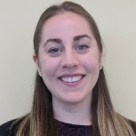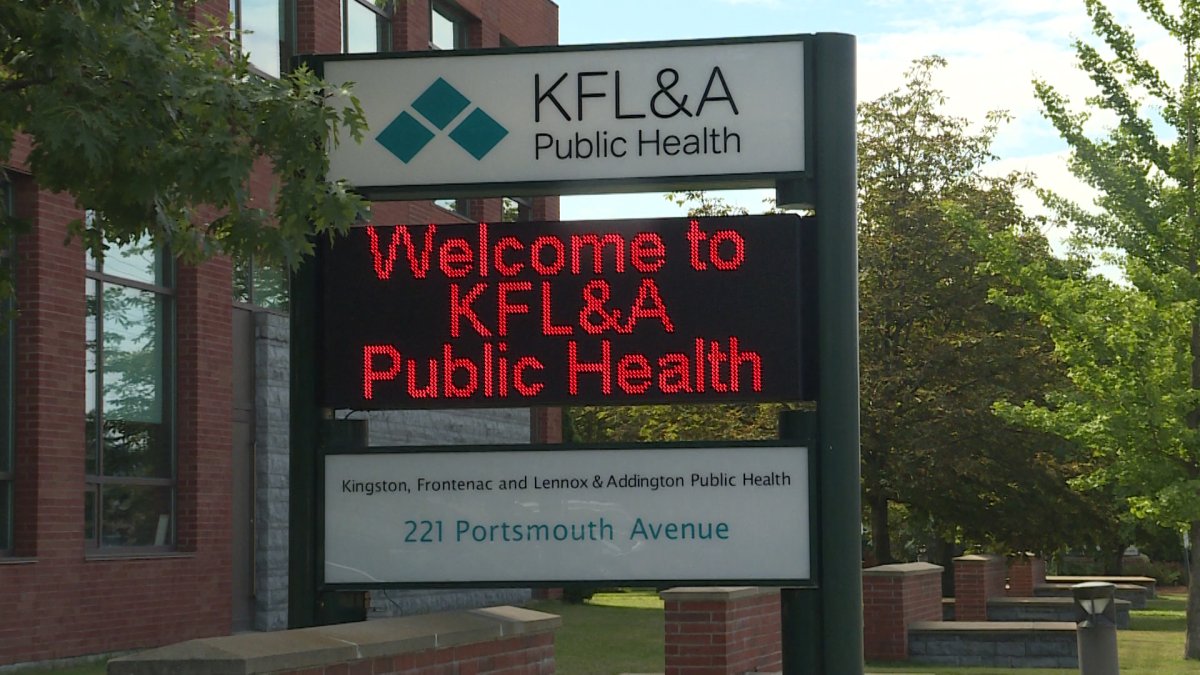KFL&A Public Health is reporting five new cases of COVID-19 in the region Wednesday.

During a press conference, Dr. Kieran Moore, medical officer of health for the region, said the area’s risk remains low, and that all of the day’s new cases were known contacts of people who previously tested positive for the coronavirus.
“These people in our community were already in quarantine and being monitored by public health nurses,” Moore said.
One case has also resolved, bringing active cases to 19.
Moore said the region’s percent positivity rate remains extremely low — only 0.21 per cent of all tests come back positive as of Thursday.
“We continue to have very high testing rates in our community and very thankful to the community that have come forward and gotten tested at our assessment centers,” Moore said.
He also noted that assessment centres saw an uptick in asymptomatic testing this week.

After it was confirmed Sunday that the B.1.1.7 COVID-19 variant had arrived in the Kingston region, Moore asked anyone who had travelled or had visitors from outside the southeastern region to be tested, even if they asymptomatic.
Thursday, Moore said as many as 400 people have come to the assessment centre for this reason, and none have tested positive so far.
On Tuesday, Global News learned that at least four people likely caught the variant from the one case that tested positive for it, but Moore said he believed the health unit was able to control the spread.
But Thursday, Moore said it’s still unclear how many people who have tested positive for the known strain of COVID-19 could actually have the variant.
“I’d be naïve to think we may not have one or two individuals carrying it in our community, but we’re doing our best as a community to try to detect it,” he said.
Detecting the variant is not exactly easy, due to the costly process of the test. Samples need to be sent to Toronto for molecular testing, which can take weeks.
The local health unit will only be sending samples for molecular testing if there is a long-term care outbreak or if a case has travel links to areas with the variant.
Moore did say that Public Health Ontario is working on a way to speed up the process to test for variants.
“We have learned this morning that they are trying to have a (nose swab) test that will give us guidance earlier than the several weeks that it currently takes,” he said.
- ‘Shock and disbelief’ after Manitoba school trustee’s Indigenous comments
- Invasive strep: ‘Don’t wait’ to seek care, N.S. woman warns on long road to recovery
- Norad looking to NATO to help detect threats over the Arctic, chief says
- ‘Super lice’ are becoming more resistant to chemical shampoos. What to use instead





Comments